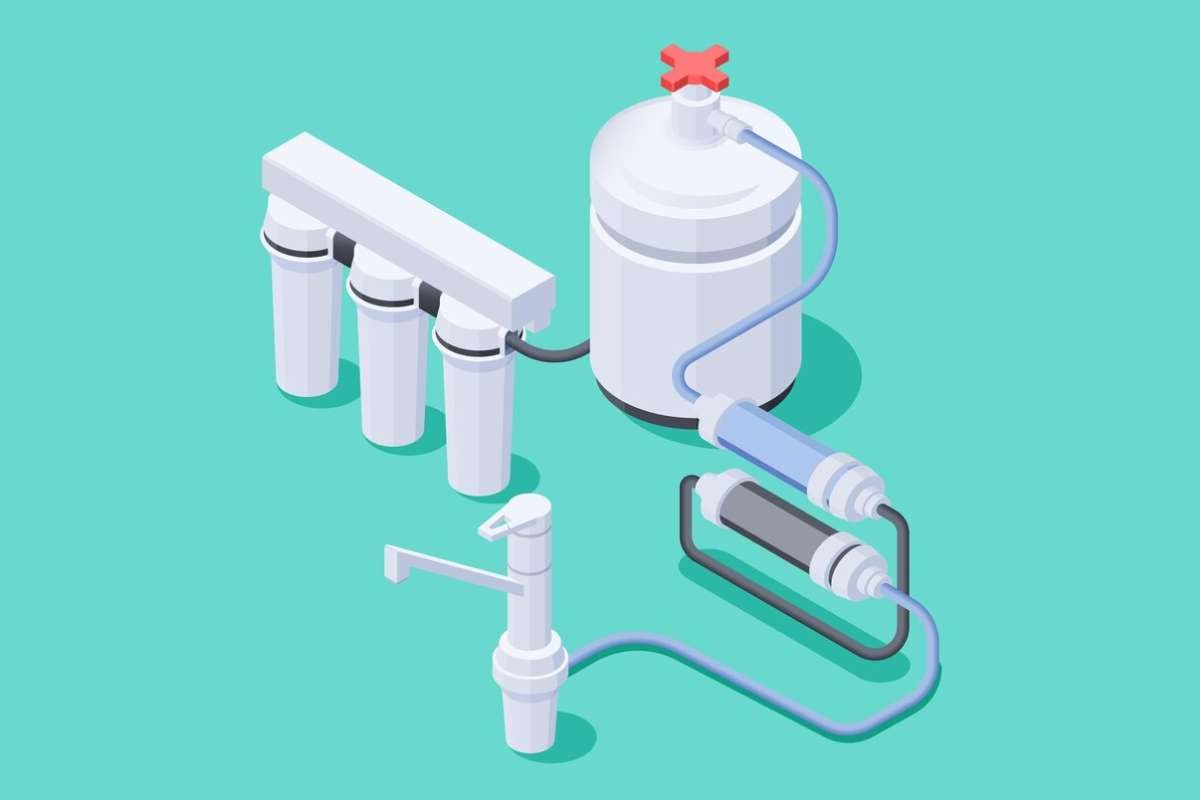Many aspects go into choosing our home’s various elements, but one of the most expensive systems you could ever install for your home, with careful consideration and the guidance of an HVAC technician. Of course, we’re referring to home HVAC systems, and it’s crucial for your home to have one – but it’s equally essential to choose the one that fits all your requirements without putting too much of a strain on your budget. There’s also the issue of selecting an home HVAC system because there are plenty out there – from heat pumps to ductless systems to air conditioners, boilers, furnaces, and more. Please always remember to check if the warranty coverage for your home covers changing the HVAC system, this way you’ll be saving money.
You also have to choose one based on their AFUE and SEER ratings – the more efficient they are, the better value for money they can give you. So what else should you consider? Here are the key factors to consider when choosing a home HVAC system.
What you need to remember?
No two homes are alike – so it follows that what may work perfectly for your neighbor may not work for you. In addition, all the HVAC systems out there – boilers, air conditioners, furnaces, heat pumps, and so on – can easily suit the requirements of a variety of homes and the climate needs of each, so you have to think as carefully as possible about your decision.
Thankfully, many specialists, like HVAC Aurora IL firms such as McNally, can give you expert recommendations on the system to go for. But there are a few considerations as well, and here are a few:
5 Important Factors to Choose Home HVAC System:
- If you are replacing your system with a new one, this is often the most affordable way to go – but make sure it is the same (essentially the same unit but with a different year, for example) as your old one. Then, it is easier to replace, and whatever additional requirements you have for your new system will be minimal.
- If your property’s ducts are still in relatively fair condition, you can replace them with equipment that works well with it and is suitable for it, whether it’s the furnace or heat pump, or any other centralized air conditioning. You can install, for instance, a combination air conditioning and furnace system or a heat pump and still use the same ducts.
- If you want, you can install a backup source of heat for times when the temperature outside is too cold or cool for an efficient operation – you can, for example, install electric heat strips or choose a furnace using natural gas.
- If your home or property doesn’t have ducts, you don’t have the space to install extra ductwork, or the expense associated with new ductwork is too much and you no longer have the budget for it, a ductless mini split-type unit is easily more affordable – and you can configure it, so it delivers a cooling system for your whole household aside from heating it.
- If your home has a new spot or area that you wish to cool or heat, installing a ductless mini split-type system may be better than upgrading your existing HVAC system to one with a bigger capacity to have a better climate.
Remember that size matters, as its impact is far-reaching. For example, if it’s not the right size, your energy bills may be higher. And the size doesn’t just refer to the actual size or dimensions or how many square feet your living area has – it refers to the system’s cooling or heating capacity.
Putting up the HVAS system and maintaining it is a task that should be carried out carefully. If you consider above factors while building the home HVAC system, then there won’t be any issue.





